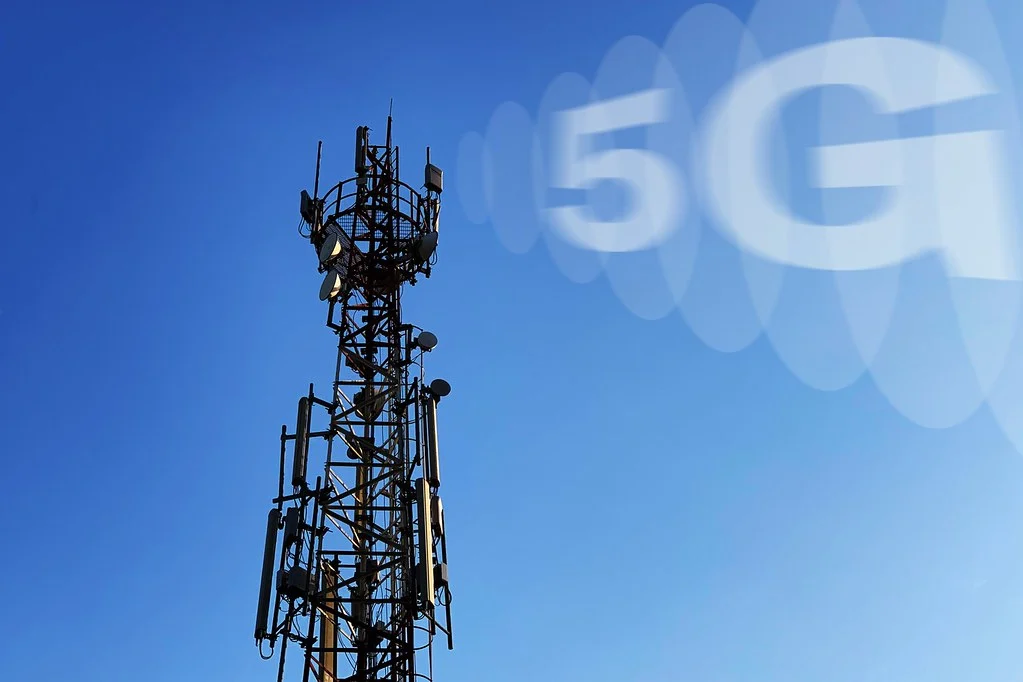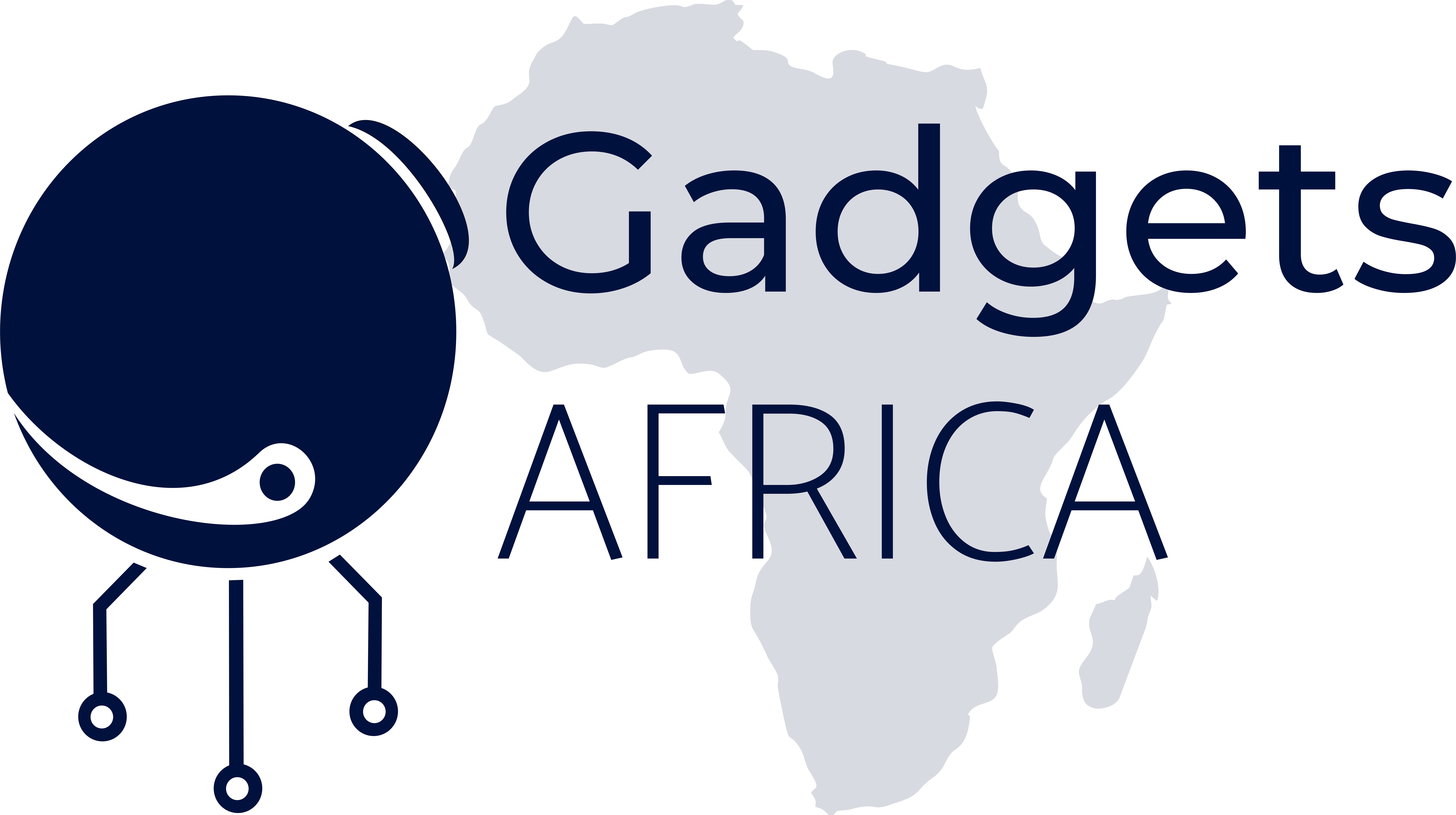DIGITAL commerce is set to add $180bn to Africa’s Gross Domestic Product, a report by Mobile World Live in conjunction with the United Kingdom’s Department for International Trade has revealed.
According to the report, digital commerce is growing fast all over the world because it is eliminating physical barriers to trade. It added that smartphones were leading digital commerce in Africa.
It said, “Digital commerce is growing fast all over the world. It is a force for good. By removing physical barriers to trade, it increases choice for millions of people. It also frees up time to pursue other activities.
“This is especially the case in developing economies. Indeed, the United Nations says internet business in Africa could add $180bn to the continent’s GDP by 2025. However, Africa is a mobile-first continent; its leading digital vendors say 75 per cent of their transactions are made via smartphone.
“So, it’s clear that stakeholders must focus on mobile as the foundation for future growth. This means extending coverage to rural regions, continuing the rollout of 4G, making smartphones more affordable, and improving digital literacy among marginal groups.
“These are real challenges but there are also very real opportunities. The UK government believes that the mobile industry and Africa’s vibrant tech and entrepreneurial community can work together with its partners to address these challenges.
“International collaboration between the private and public sector could be the key to unlocking the immense opportunity for mobile-driven digital trade on the continent.”
The report added that Lagos was the top city in terms of order volume, followed by Cairo, Nairobi, Casablanca, Abidjan, Giza, Abuja, Accra, Kampala, and Rabat.
It said the best-selling products ranged from power bank, body wash, sugar, peas, face mask, and rice. According to it, 51 per cent of its orders are from primary cities, 27 per cent from secondary cities, and 22 per cent from rural areas.
The report further stated that Africa’s mobile-centric infrastructure means it is not affected by many of the legacy technologies slowing progress in the rest of the world.
It added, “Without an official postal address, delivery inevitably becomes an issue. Take Kenya for example.
“Kenya’s digital economy report revealed that 40 per cent of e-commerce users face challenges in receiving deliveries. Needless to say, the same issue affects many African economies to a greater or lesser extent.
“Efforts are underway to rectify this. Google is using satellite imagery to create an Open Buildings dataset. This is an open-access data resource containing the locations and footprints of 516 million buildings with coverage across most of the African continent.”






















